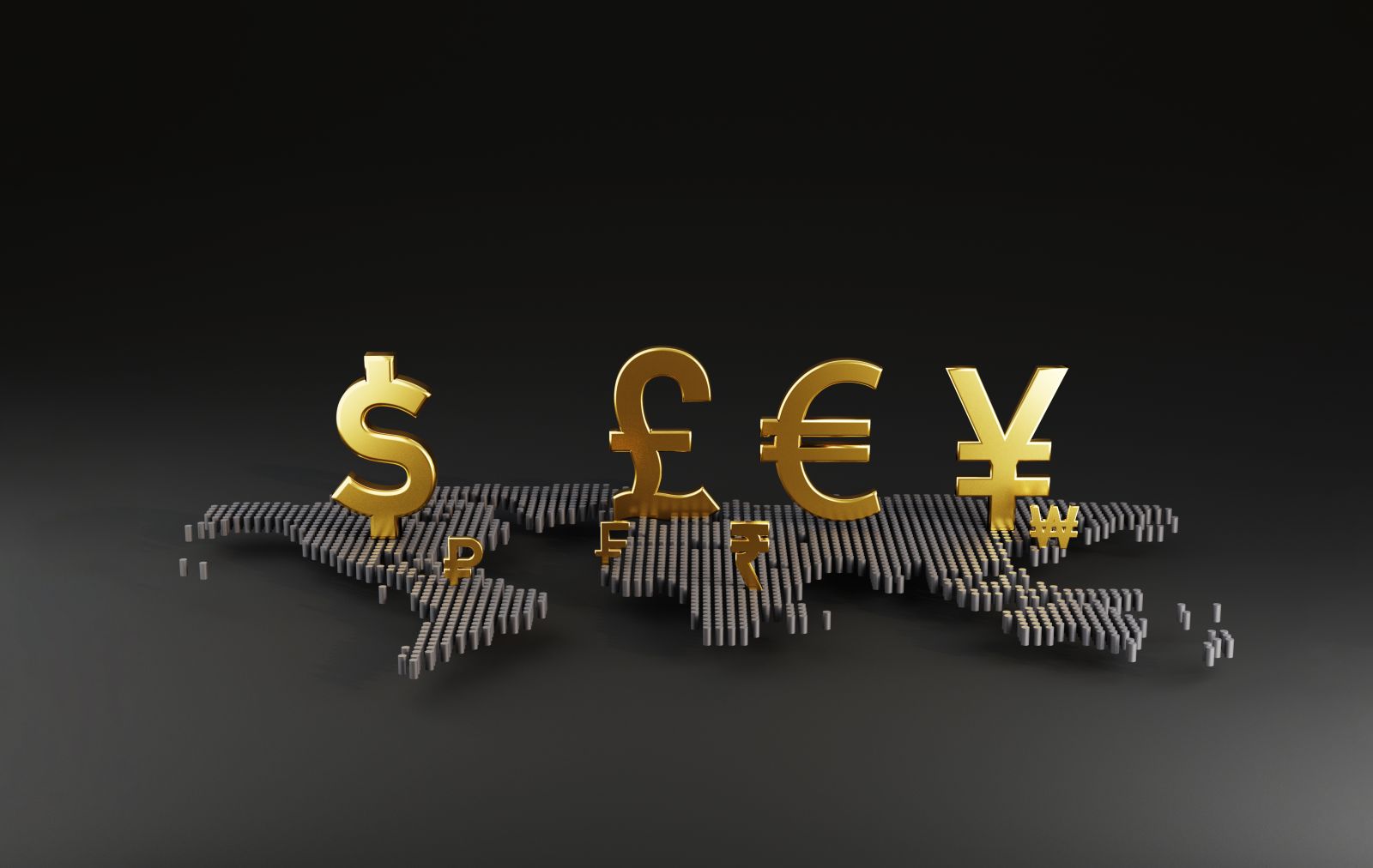This Fintech Stock Just Hiked Its Dividend By 13%, But Is It a Buy Now?

Founded in 1958, Visa (V) is one of the world's largest financial services and payment technology companies. Visa does not function like a traditional bank. Instead, it serves as a payment processor, making money by facilitating transactions between consumers, merchants, banks, and governments. Visa operates in over 200 countries and territories, allowing users to pay with digital currency rather than cash or checks.
As one of the most established and trusted brands in the fintech industry, Visa has consistently proven to be a sound investment. Its business model is capital-efficient, resulting in strong growth and profitability. It accounts for a 0.9% weighting in the equity portfolio of Warren Buffett's holding company, Berkshire Hathaway (BRK.B).
Visa stock has returned 354% over the past decade, but so far this year, Visa stock has gained 17.6%, trailing the S&P 500 Index’s ($SPX) gain of 24.1%.
Aside from being a growth stock, Visa's aggressive dividend hikes may make it an appealing option for income-seeking investors. Let's find out why this fintech stock is currently a good buy.

2024 Ended on a Strong Note
Visa reported another strong quarter, ending fiscal 2024 on a high note. Despite ongoing geopolitical tensions and an uncertain economic outlook, post-pandemic travel demand continues to surge. This has increased cross-border transactions, benefiting Visa's payment volumes.
In the fourth quarter of fiscal 2024, adjusted earnings per share (EPS) grew 16% year-over-year to $2.71, surpassing analysts’ estimates. Net revenue grew 12% to $9.6 billion, beating expectations by $125.8 million. Management said that stable growth in payments volume, processed transactions, and cross-border volume, as well as strong momentum in new flows and value-added services, led to a strong quarter.
For the fiscal year as a whole, net revenue increased by 10%, while earnings rose by 15%.
Aggressive Dividend Hikes
Visa is a dividend-paying stock with a yield of 0.81%, compared to the financial sector average of 3.1%. While the yield isn't the most appealing, Visa's aggressive dividend increases may entice income-seeking investors.
Along with the fourth-quarter results, Visa announced a 13% increase in its quarterly cash dividend to $0.59 per share. Visa's dividend has consistently increased over the last 17 years. Its forward payout ratio of 21% indicates that there is room for continued dividend growth as earnings increase. Analysts covering Visa expect earnings to increase by 11.5% in 2025 and 12.9% in fiscal 2026, on average.
Visa has kept its balance sheet strong despite its heavy investments in technology and ongoing shareholder returns. It ended Q4 with cash, cash equivalents, and investment securities totaling $17.7 billion. The stock is valued at 26 times forward 2025 earnings, compared to its five-year historical earnings multiple of 34.
Visa is a Long-Term Play
The ongoing shift from cash to digital payments is a major growth driver for Visa. Visa's earnings have increased significantly over the last decade, with a compound annual growth rate (CAGR) of about 17.8%.
Visa, as a fintech company, is exposed to macroeconomic factors such as consumer spending trends, inflation rates, and economic cycles. However, the ongoing shift to digital payments, rising e-commerce adoption, and expansion into emerging markets and B2B payments all present ample long-term growth opportunities.
Visa's investments in artificial intelligence (AI), technology, and strategic partnerships will help it remain competitive, positioning it for long-term success in the global payments space. It recently reached a definitive agreement to acquire Featurespace, a developer of real-time AI payment protection technology. This agreement is expected to help Visa combat payment fraud and financial crimes.
How Does Wall Street Rate Visa Stock?
Recently, Morgan Stanley analyst James Faucette reiterated the “buy” rating for Visa based on its “robust financial health and potential for continued success” Faucette has a price target of $326 for V.
Similarly, JPMorgan analysts reiterated a “strong buy” rating, citing the company's “strong market position and recurring revenue model” that position Visa for continued success. The target price remains the same, at $320.
Overall, Wall Street rates Visa stock as a “strong buy.” Out of the 37 analysts covering the stock, 28 rate V stock a “strong buy,” while three more rate it a “moderate buy” and six rate it a “hold.” The average target price for V stock is $321.06, which implies an upside potential of 5%. Plus, its high price estimate of $347 suggests the stock can rally as much as 13.5% over the next 12 months.

Is Visa Stock a Buy Now?
I agree with Wall Street's optimism about Visa stock. Visa has been the most resilient and profitable company in the financial sector. Visa's strong fundamentals, consistent dividend, and solid position in the fintech ecosystem all make it an attractive addition to a diversified portfolio.
More Stock Market News from Barchart
On the date of publication, Sushree Mohanty did not have (either directly or indirectly) positions in any of the securities mentioned in this article. All information and data in this article is solely for informational purposes. For more information please view the Barchart Disclosure Policy here.